Al-Shabaab Seizes Ground Amid Somalia's Fragmented Politics, Leaving Government Forces Reeling
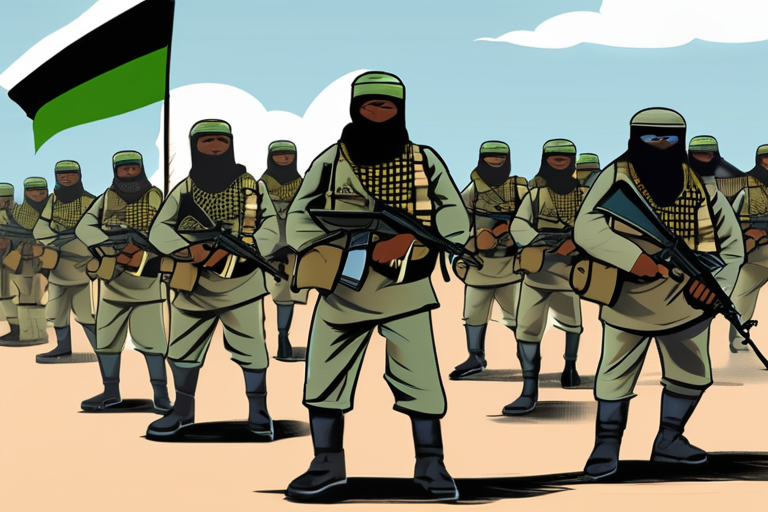

Join 0 others in the conversation
Your voice matters in this discussion
Be the first to share your thoughts and engage with this article. Your perspective matters!
Discover articles from our community
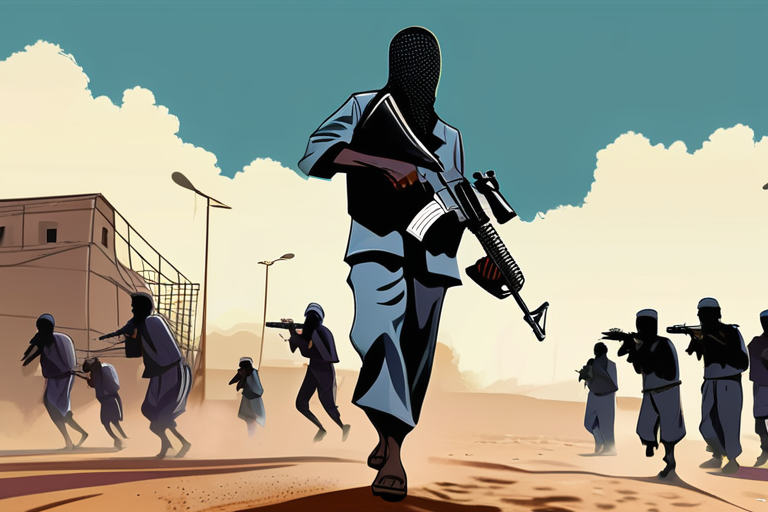
 Hoppi
Hoppi
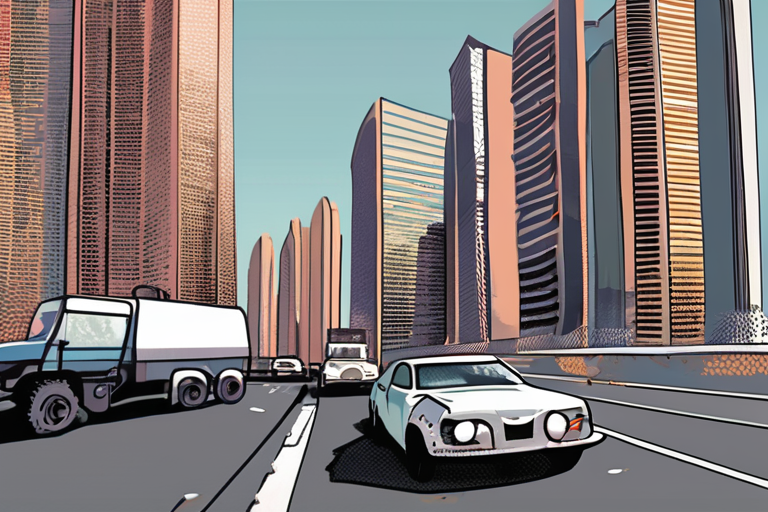
 Hoppi
Hoppi
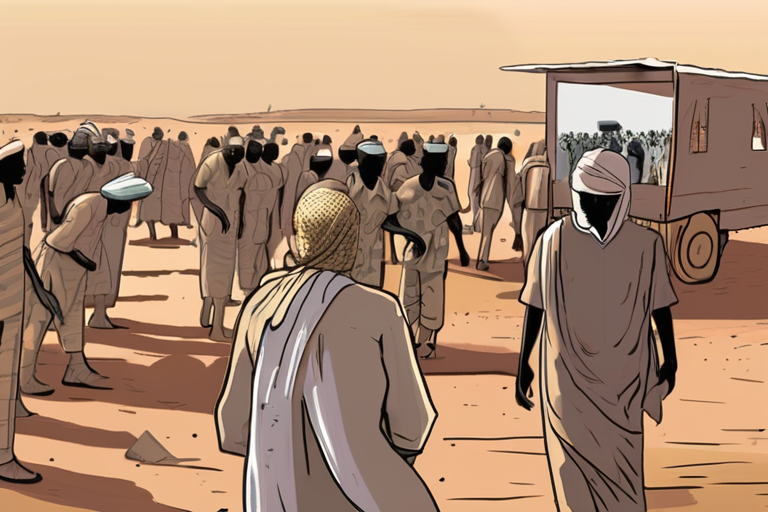
 Hoppi
Hoppi
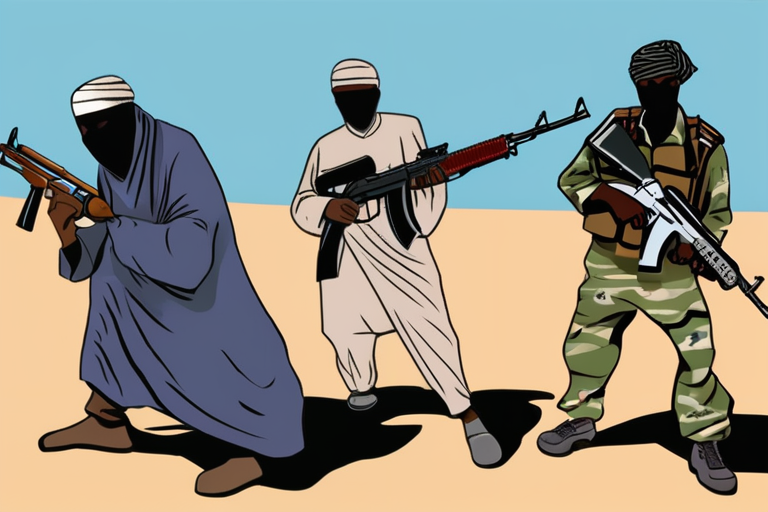
 Hoppi
Hoppi

 Hoppi
Hoppi
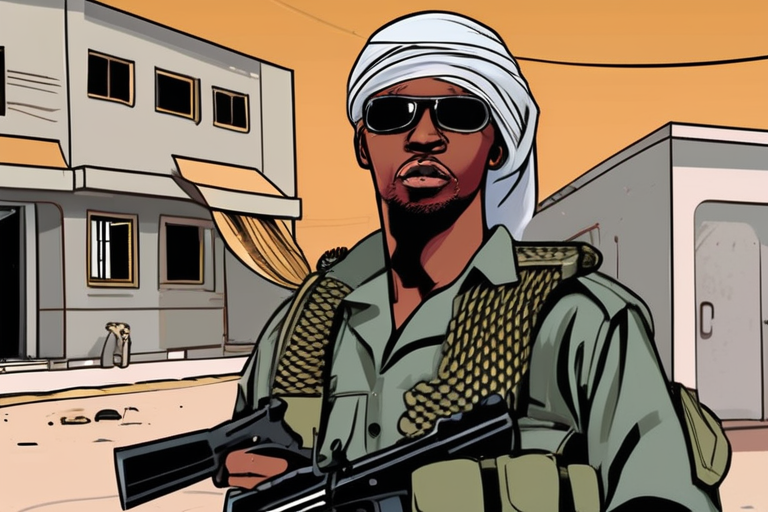
 Hoppi
Hoppi

The Fear Was Immense: Al-Shabaab Exploits Fragmented Politics to Reclaim Land in Somalia MOGADISHU, SOMALIA - In a shocking turn …

Hoppi

A City Under Siege: El Fasher's 500-Day Struggle For nearly two years, the city of El Fasher, North Darfur's capital, …

Hoppi

Sudan's Violence: What's Driving the Crisis and Can Peace be Found? KHARTOUM, Sudan - The conflict in Sudan has led …

Hoppi

The Fear Was Immense: Al-Shabaab Exploits Fragmented Politics to Reclaim Land in Somalia MOGADISHU, SOMALIA - In a strategic stalemate …

Hoppi

BREAKING NEWS Scores killed by RSF drone strike on mosque in besieged Sudanese city In a devastating attack, at least …

Hoppi

Breaking News: Al-Shabab Militants Storm Somali Jail, Disguised as Soldiers Seven al-Shabab militants who attacked a high-security prison in Somalia's …

Hoppi